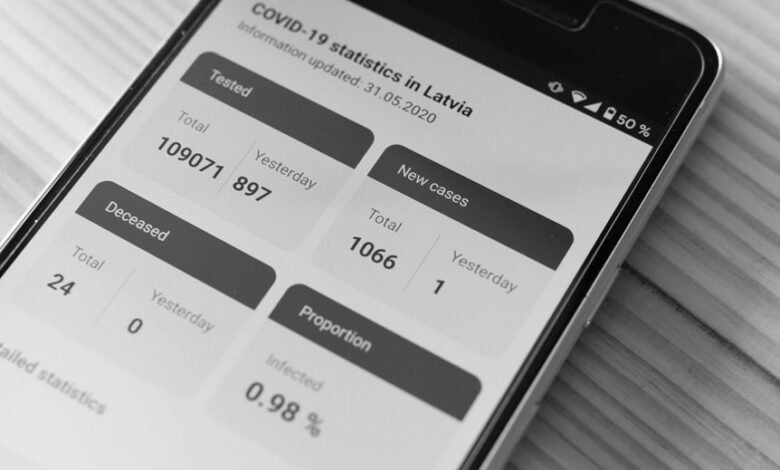Trace Detailed Origins of 3311267353 3509776518 3509532119 3319387191 3517023015 3714655292

The evolution of numerical identifiers, such as 3311267353 and its counterparts, reflects a significant shift in how societies manage information. These unique numbers emerged from the need for efficient communication in complex systems. Their historical context reveals insights into data management and security. Analyzing their applications across various industries raises questions about the future of identification systems. What implications do these changes hold for personal privacy and data integrity?
Historical Context of Numerical Identifiers
As society evolved from face-to-face communication to more complex forms of interaction, the need for systematic identification of individuals became increasingly apparent.
This numerical evolution marked a pivotal shift, emphasizing identifier significance in establishing unique identities.
The transition from names to numbers facilitated clearer communication, enhanced organization, and fostered a sense of individuality, reflecting the growing complexity of social structures and interactions.
Applications and Uses in Various Industries
While the emergence of phone numbers may appear to be a mere logistical convenience, their applications and uses across various industries underscore their critical role in modern communication and operations.
In data analytics, phone numbers facilitate customer engagement and feedback collection, aligning with industry standards for data management. This integration enhances operational efficiency, ensuring that organizations can adapt and respond to evolving market demands effectively.
Patterns and Trends in Data Management
To effectively manage data in an increasingly complex digital landscape, organizations are adopting innovative patterns and trends that prioritize not only efficiency but also data integrity.
Enhanced data organization techniques are being implemented to streamline processes, while identifier security measures are crucial to protect sensitive information.
These evolving practices reflect a commitment to balancing operational freedom with the need for robust data governance.
Future Implications of Unique Identifiers
The evolution of unique identifiers, such as phone numbers, is poised to significantly influence future data management practices across various sectors.
As digital identity becomes increasingly vital, privacy concerns will necessitate robust frameworks to ensure data integrity.
Technological advancements will drive innovations, enabling secure and efficient handling of identifiers, ultimately reshaping how individuals interact with their digital environments while safeguarding personal information.
Conclusion
In conclusion, the evolution of numerical identifiers such as 3311267353 and 3509776518 illustrates a monumental shift in data management practices across diverse sectors. As organizations increasingly rely on these unique identifiers to streamline processes and enhance security, the demand for efficient communication will only grow. This transformation is not merely a trend; it is a seismic shift that reshapes the landscape of information management, heralding a future where identification systems are as vital as the air we breathe.





